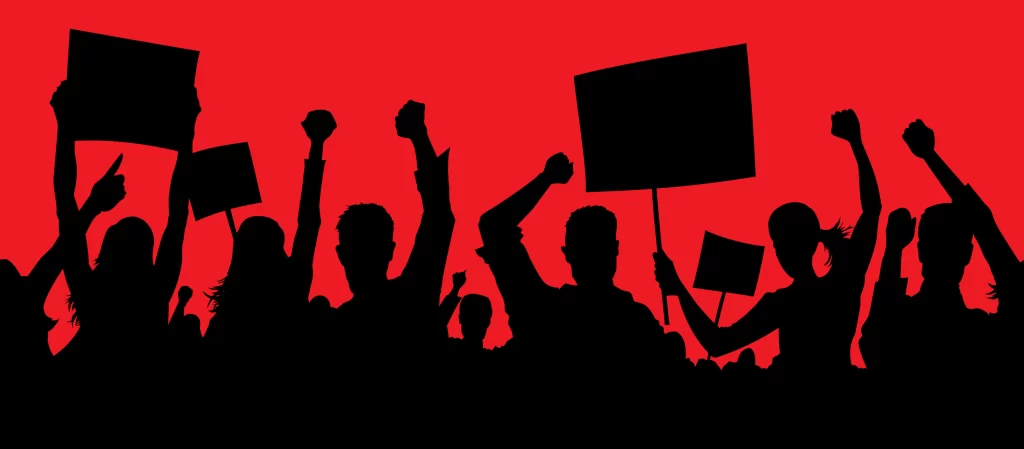Vietnam War is an episode in American history that still haunts those who advocate American involvement in promoting ‘democracy’ and ‘freedom’ around the world. With more than 58,000 US military casualties, unprecedented economic loss, and fragmentation within the American society, Vietnam War tarnished the American image – for the sake of which John F. Kennedy had involved the United States in the first place – in front of the world. Vietnam War depicted the cost of American Cold War miscalculations, with American policymakers greatly overconfident about their military power while underestimating the resolve of the opponent. When all the three presidents of the United States during the war – John F. Kennedy, Lyndon B. Johnson, and Richard Nixon – were expected to deal with communism with an iron hand, every new American commitment in the war was made to provide a rationale for the previous one.
During the war, when few Americans were ready to admit that victory was not inevitable (and not even desirable), American students, along with academicians, were among the first to realize that the war had a dead end: objectives were not worth fighting and were not defined explicitly; the United States was backing the wrong party, and the opponent was determined with an ideological motive superseding the instinct for survival. Later, this view took the shape of an antiwar movement, with large segments of the American population opposing the war and participating actively in antiwar demonstrations.
Consequently, the rise of public opinion against the war that polarized the American society to a great extent turned out to be one of the reasons that compelled the leadership to halt the war. The political activism of college and university students was crucial in shaping this public opinion against warmongering and greater American engagement in Indochina. Students organized peaceful demonstrations, actively wrote persuasive antiwar literature, and even paid with their lives when the state used naked power to suppress their voices.
Unsurprisingly, when the world was largely seen from the lens of the Cold War, initially Johnson and then Nixon suspected the patronage of international communism to the antiwar movement; they were disappointed to have found nothing.
Antiwar demonstrations were indigenous that resulted from the individual consciousness of concerned citizens who wanted to keep the policies of their governments in check. Their moral conscience coordinated with mass mentality when they saw American troops committing war crimes, their military commanders falsifying and even glorifying body counts, and their governments speaking lies to cover up lies – later to be revealed in the Pentagon Papers.
American college students were among the first to question the war on the grounds of morality rather than national interest. The cost American youth and students paid for their disapproval was immense. Anyone who viewed war from a moral perspective was labeled as a sympathizer of the North Vietnamese and Viet Cong. Students who protested were labeled as the agents of anarchy and chaos. They were labeled as ‘communists’ and ‘unpatriotic’ even by their families and the families of those troops who were fighting in Vietnam. Students, however, showed strong conviction and perseverance, of which Eva Jefferson, a student body president at the North Western University, was an embodiment. She testified before the presidential commission on campus unrest. When alleged by Vice President Spiro Agnew in a television program for advocating violence as the only way to get results, she told Agnew politely but firmly that the Vice President was “making people afraid of their children” by alleging them for using violence to seek attention.
So, when the students were called the traitors who discredited Americans giving their lives in Vietnam, the voices of these students proved to be saner in comparison to those contaminated by warmongering and blind patriotism. Factions that condemned the activism of students – whom they referred to as unpatriotic communist guerillas – wanted to keep the policies of their governments unchecked and actions unaccountable. Even today, people who object to student activism and student unions want episodes like Vietnam to go unchecked, forgetting that these were the agents of anarchy back then who, in their righteous minds, questioned the collective conscience of the society by keeping the policies of the government in check and holding its actions accountable. In short: sometimes dissent is the greatest service.

One thought on “Students politics: Activism against the Vietnam War”
I wonder how nicely you have put this in words.